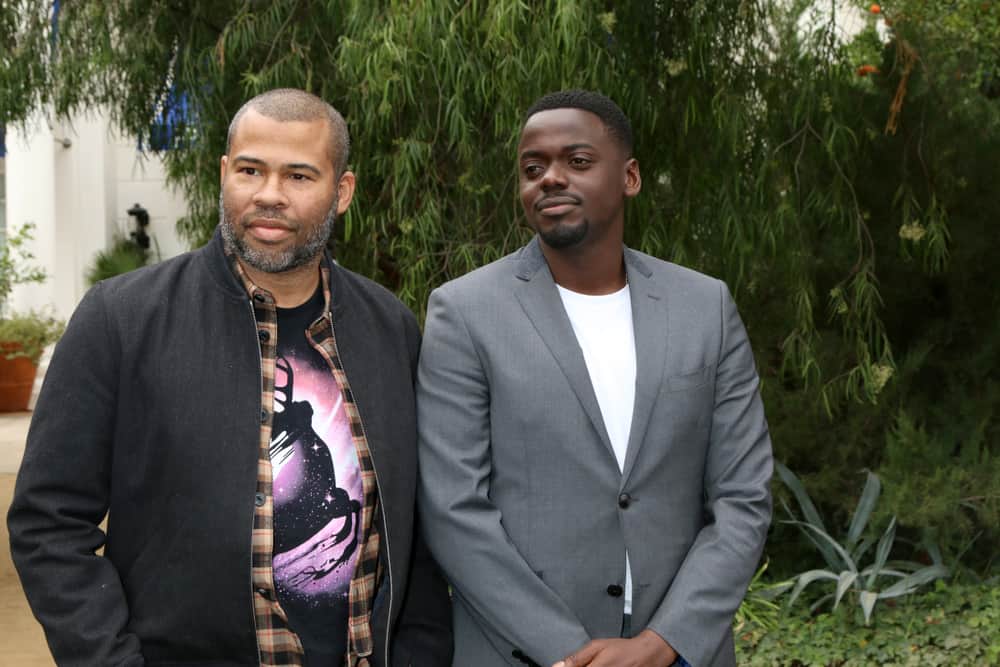
When Chris Rock tells the audience, “I cheated,” it’s the only moment of his new Netflix special, Tamborine, that doesn’t look easy. The crowd flatlines. A few people murmur. The comedian’s gaze is anxious but steady.
Rock has mastered comedy. He doesn’t have to win over crowds or really earn a laugh anymore. People react to his setups now as much as his punchlines. He’s reduced joke-telling to its most efficient formula, but for a second, he confronts something dense and complicated—himself—and that difficulty radiates off of him into the room.
Tamborine is the first comedy special in 10 years from Rock. The gap comes to mind only when you see the lines on his face and hear the evolving subject matter; otherwise he’s in excellent, if not peak, form. Rock is still physical. His energy bursts out of him in grenade-launcher wallops. The laughs come steady, even as Rock transitions from his familiar wicked grin to a more thoughtful, introspective hand to his face.
There isn’t a comfortable topic in Tamborine—thank goodness. Rock’s first line is about police violence, and he goes on to talk racial politics, bullying, sex, religion, President Trump and white power. He finds the balance between provocation and observation and never tips the scales too far, something his generational compatriots—Dave Chappelle, most controversially, and Jerry Seinfeld, least controversially—struggled to do. This is not another grouchy old man telling jokes about the way things used to be; this is a guy planted in the here and now.
And nothing feels more immediate and urgent in this hour than when Rock goes personal. The second half of Tamborine swerves into Rock’s divorce, his porn addiction (“I was 15 minutes late everywhere” he quips) and his infidelity. It’s during the last topic that Rock cuts out the jokes for a moment and goes in on himself:
[lborder]
It’s my fault. I’m an a**hole. I had an attitude: “I pay for everything, I can do what I want.” I cheated. I was on the road and ended up sleeping with three different women.
[/lborder]
The performance cracks apart for just a moment. The shot closes in on Rock’s face and you see him meet his own words. It’s rattling. But it’s also a single instant, and in seconds, Rock is back to the jokes, only this time, he’s targeting himself. He riffs on the pain of his divorce proceedings. He examines the gender politics of adultery. He wades deep into his complicated custody negotiations. These things shouldn’t be funny—they’re too close-to-home and too soon—but as he has done over and over, Rock pulls it off.
These admissions don’t evolve into any sort of self-vindication, but Rock doesn’t present them that way. At one point, he says off-hand he’s “talking from hell,” and it hits harder than his delivery would suggest it should. It feels immediate. The stakes of the night press downward. Rock’s sitting in his sufferings right now, and that lends Tamborine an urgency and necessity that justifies its existence.
Other comedians of Rock’s generation have struggled with that through-line of purpose in their various comebacks. Dave Chappelle made a hilarious, but problematic, return to standup in 2016, and his follow-ups that debuted on December 31 only polarized the reception even further. Jerry Seinfeld used his Netflix contract to reflect on his own career, but Jerry Before Seinfeld didn’t uncover many surprises or complications. It was a fun nostalgia trip, but you didn’t learn anything. The point wasn’t really to educate, in fairness, but in light of Tamborine, you miss the ambition. Chappelle, to his credit, at least carried a message.
Contrast those hours with Judd Apatow’s The Return or David Letterman’s new talk show, My Next Guest Needs No Introduction. Apatow isn’t wielding a lot of social force on his hour, but since it’s his first full-length special ever and he’s 50 years old, it contains some exciting innovative tones. Letterman’s show is interview-centric, but finds momentum in each conversation’s centricity on topical issues. These aren’t vanity projects; they’re responsive. Apatow and Letterman both seem to be making up for lost time; Apatow’s finding his individual voice, and Letterman’s listening to others’.
Audiences want their laughs with a sense of responsibility now. That’s why Stephen Colbert has been dominating Jimmy Fallon on late-night TV, and it’s why Rock’s new hour sits atop the pack of Netflix specials. This isn’t the first standup special with a purpose beyond jokes, but it’s the first of its crop to root that purpose in the comedian. Not only was it prime to see Rock deliver his typical teardowns of modern social issues, but it was prime for him to tear himself down, too. Only Chris Rock could have written and performed Tamborine. It isn’t great because it’s funny; it’s great because it’s him.
Comedians are teachers. We’ve had younger and younger voices in our ears and on our screens for years now. They’ve been sharper, smarter and more creative than ever, but it takes a certain maturity and boldness to aim the barbs at yourself. Chris Rock just taught himself a lesson. Thank goodness he let us audit the session.






















